NEWS AND UPDATES
Students Dive into Health R&D at DOST-PCHRD SIP 2025
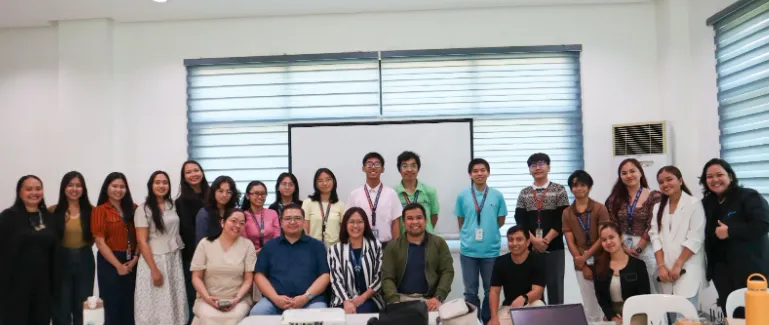
Now in its fourth year, the Department of Science and Technology – Philippine Council for Health Research and Development (DOST-PCHRD) hosted the 2025 Science Immersion Program (SIP) for ten students from the Philippine Science High School (PSHS) CALABARZON Region Campus. Held from June 30 to July 11, the two-week program introduced students to the Council’s health research efforts and allowed them to observe scientific work in real-world settings.
The SIP 2025 continued DOST-PCHRD’s mission of early exposure to research environments. According to Mr. Paul Ernest N. de Leon, Chief of the Research and Development Management Division (RDMD), the program aimed to help students understand how research is planned, conducted, and applied in daily life.
Students attended lectures led by RDMD planning heads, respective health R&D cluster section managers and project leaders. These sessions explored PCHRD’s role in advancing health research aligned with national priorities under the National Unified Health Research Agenda (NUHRA).
Lead coordinator Ms. Anica C. Mendoza shared that the student activities followed the health research journey roadmap of Ideate-Plan-Achieve-Collaborate-Share to guide their proposal preparation and to expose them to different R&D models through mentoring with researchers from academic, institutional, and industry settings.
Through the workshops and case activities, the students developed capsule proposals culminating in group pitch presented via Zoom to RDMD Science and Technology (S&T) Fellows, Dr. Aimee Yvonne Criselle Aman and Dr. Florence Giannina San Juan.
During the second week, students joined field immersion tours and career talks conducted by various teams. These onsite activities provided exposure to the breadth of health research in the Philippines including work in medical devices, nutrition, Filipino health data systems, and laboratory-based studies. Students engaged with researchers and explored career possibilities in health science.
DOST S&T Fellow Dr. Phoebe Nicole Perez, in her commencement message, said: “Your science is not just for yourself, but for every community seeking solutions, for every family hoping for better health, and for every Filipino dreaming of a brighter, healthier future.” Her words served as a send-off, inspiring students to pursue science in the service of the country.
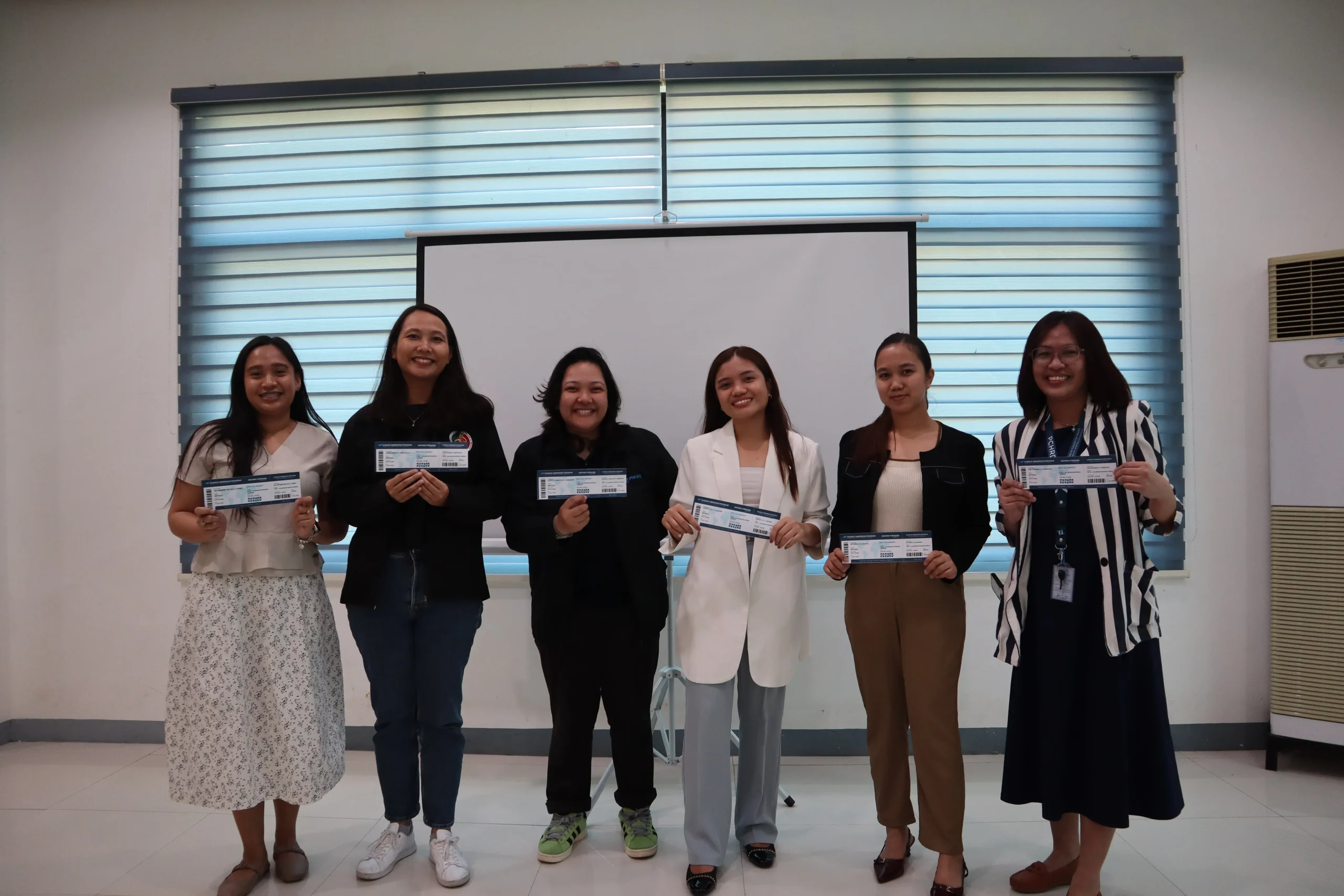
Boarding tickets provided for Moving Forward Ceremony participants
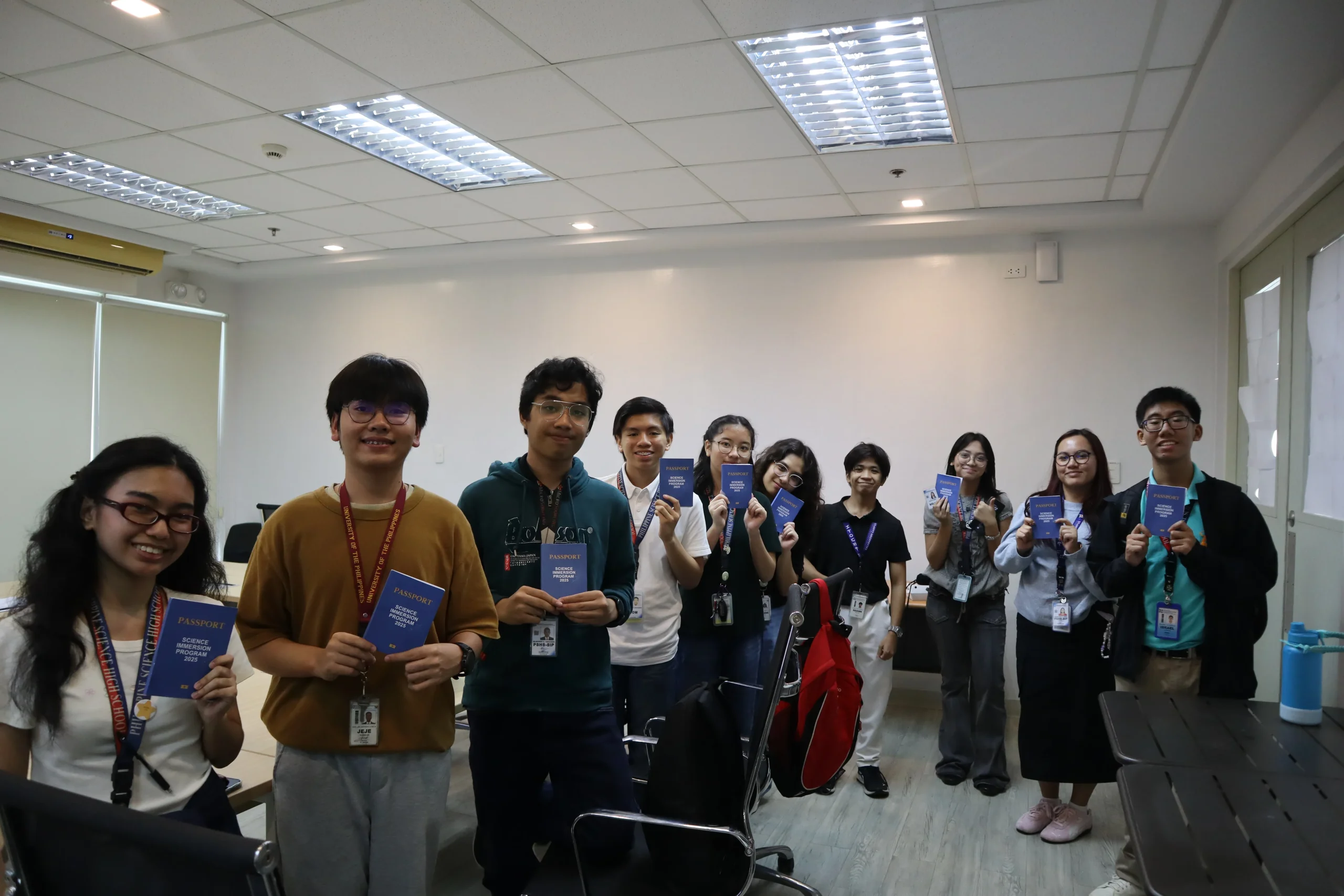
Students with their respective activity passports to complement their health research journey roadmap for the SIP.
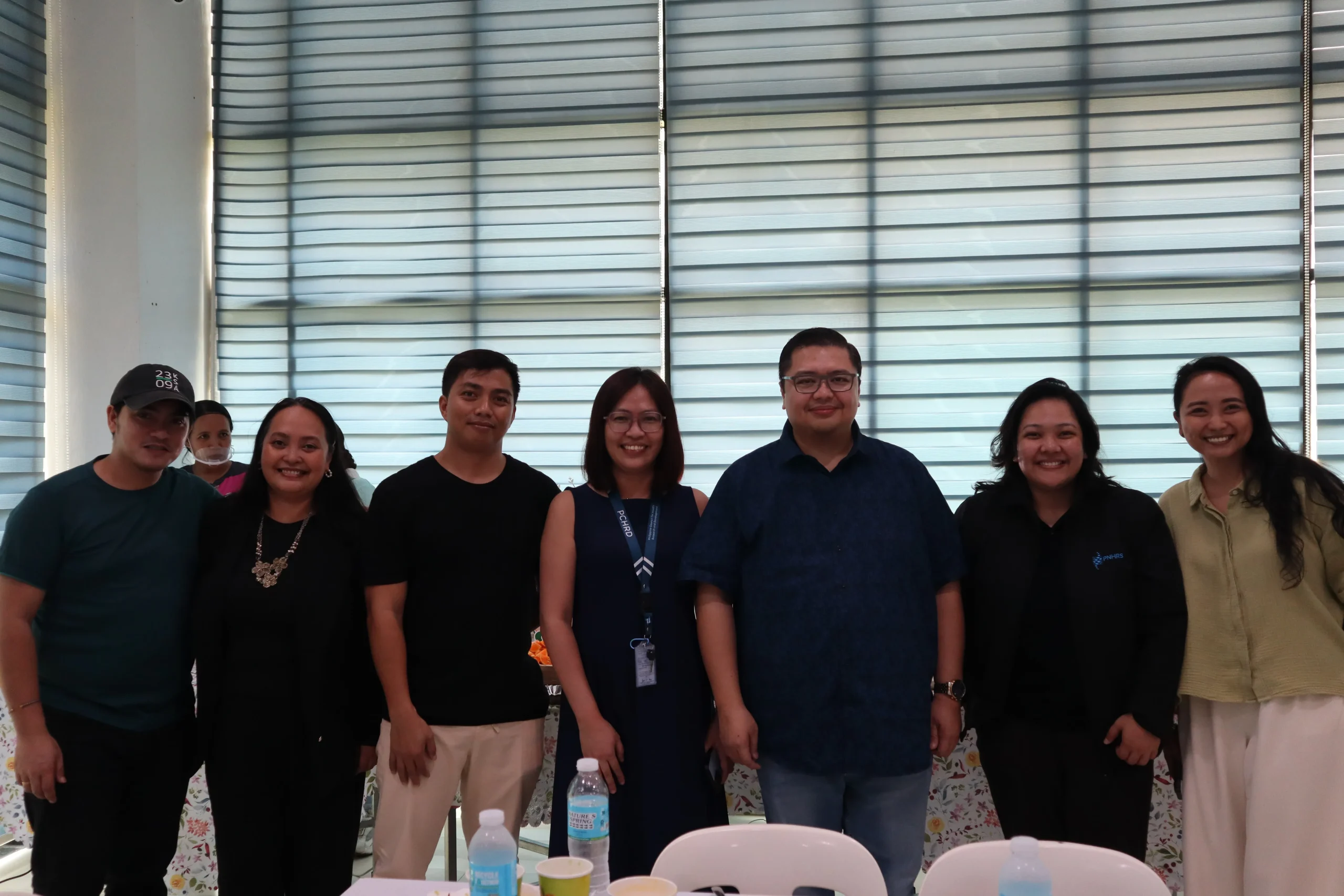
(In the image – PSHS Calabarzon Lead Coordinators/Student Chaperones, Mr. Christopher Cordero, Ms Michelle T. Manglicmot, Mr. Jefferson O. Abareta, Ms. Hazel Abareta, and PCHRD-RDMD Lead Coordinators, Mr. Paul Ernest N. De Leon, Ms. Diovelle E. Ambrocio, Ms. Anica C. Mendoza)
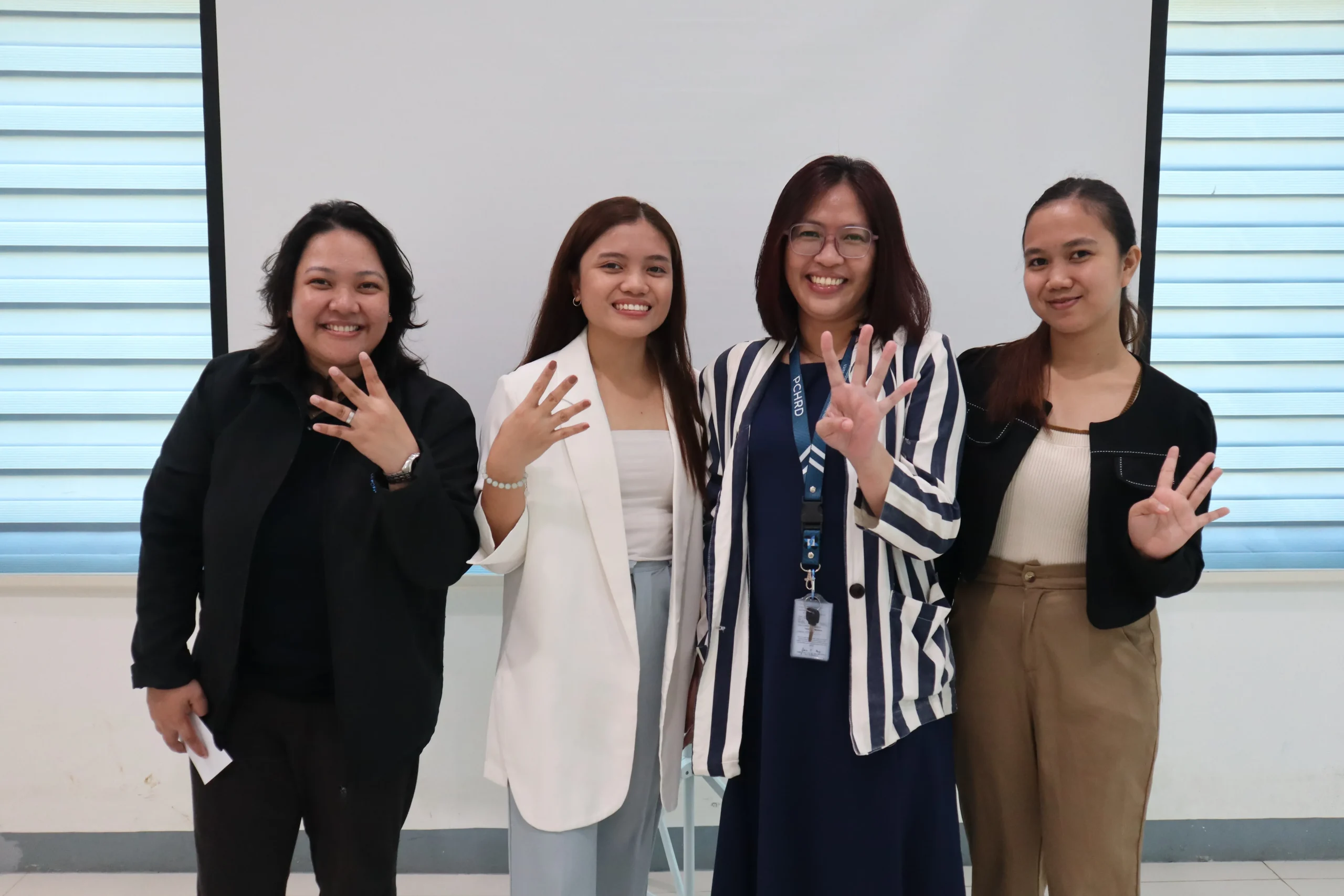
(In the image – SIP2025 Secretariat and Coordinators, Ms. Diovelle E. Ambrocio, Ms. Angelie Joy A. Zamudio, Ms. Anica C. Mendoza, and Ms. Mylene N. Celespara)
Students expressed their appreciation for the program. Incoming Grade 11 student Giliane Rose Opeña remarked, “We appreciate the opportunity to learn about health problems in society beyond what we usually encounter. This experience taught us a lot and helped me gain clarity about the career path I want to pursue.”
For Grade 10 student Jan Jeremiah Jose M. Vivo, one of the things he appreciated most about this experience was how it allowed them to go beyond the classroom. “We didn’t just read about health research—we DID health research. Whether it was seeing lab rats at UP Manila’s Behavioral Neuroscience Lab, learning about DNA sequencing at the Philippine Genome Center, or exploring immersive technology for therapy at UP-CAMP, each site visit brought science to life in a way that lectures alone could never do.” as he reflected on their journey they had over the past several days. He noted that the SIP has truly opened his eyes to the power of science, research, and collaboration, from listening to experts to touring world-class laboratories and brainstorming solutions to real-world health issues.
DOST-PCHRD Executive Director Dr. Jaime C. Montoya emphasized the importance of these initiatives. He said, “We want students to see that research happens in real spaces, led by our researchers, working on questions that help the people.” He added that when young minds witness research firsthand, they better understand its role in improving lives.




